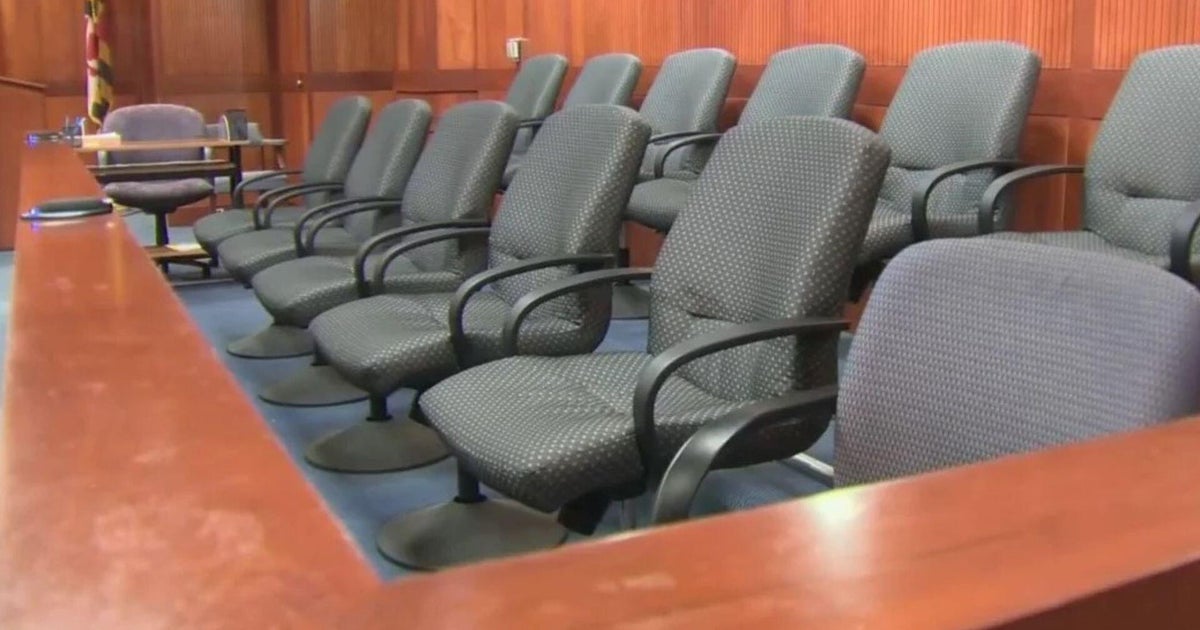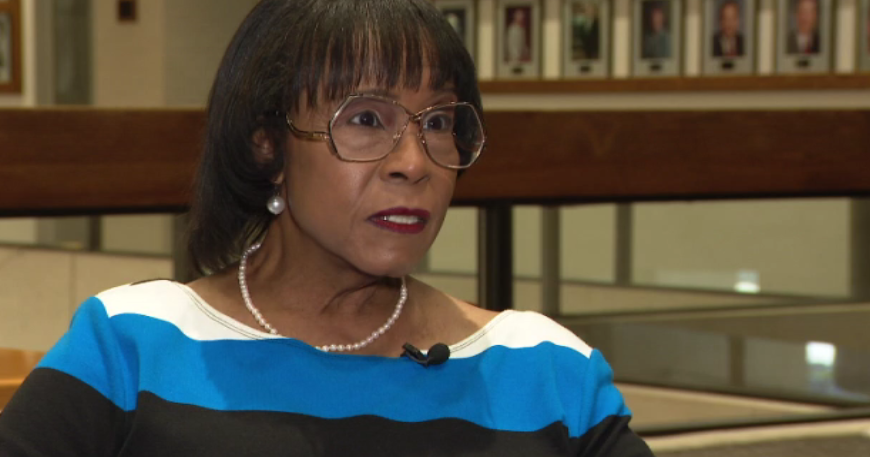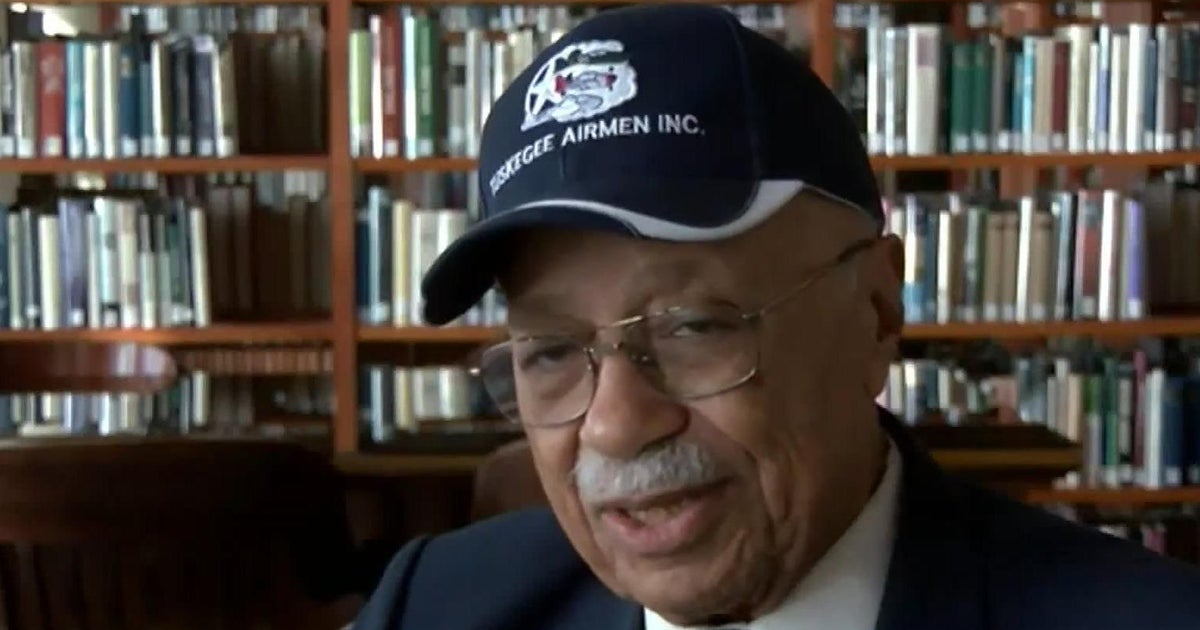States Differ On Need For Bitcoin Oversight
AUSTIN, Texas (AP) - Michael Cargill teaches a concealed handguns safety class at his Austin firearms store while the online version of the business initiates FBI background checks on out-of-state buyers paying in bitcoin.
He says accepting the virtual currency has boosted sales by 50 percent.
"There are two things we like in Texas: We like our financial freedom and we love our firearms," Cargill said.
Then, gesturing toward a wall of guns inside Central Texas Gun Works, he continued, "This is about people taking protection into their own hands. The same is true of bitcoin."
The gun store is among a growing number of businesses that have embraced bitcoin in Texas, which boasts one of the world's largest bitcoin economies and where the nation's first ATMs catering to the currency were installed this year. The growth has been facilitated by a state government that has largely shielded bitcoin from heavy regulation, establishing Texas as a vital testing ground for the burgeoning movement.
Its popularity has spawned a philosophical battle between supporters and other state and federal agencies seeking to regulate a system they say can too easily facilitate money laundering and illegal trafficking. The results could ultimately determine whether bitcoin changes the financial norms across the country.
"In order to prevent money laundering, we need to have some points within the ecosystem where the financial intermediaries have some sense of who they're dealing with," said Benjamin Lawsky, New York's financial services superintendent.
Created in 2009, bitcoin has gained traction as a way to buy and sell goods and services without using government-issued money. Businesses and individuals can also trade bitcoin for dollars and other currencies on an online exchange or by using certain bitcoin ATMs, avoiding third parties including banks.
In stark contrast to states such as Texas, New York is considering a licensing system that would require bitcoin operators to verify customers' identities, maintain payment records and actively protect against cyber threats. Lawsky says it is "naive" to think that bitcoin will go mainstream while operating in its current ad-hoc fashion.
The warnings have done little to discourage the increasing use in Texas and other states that have not pushed for heavy regulations. Texas now boasts nine bitcoin ATMs -- the second most after California -- and has the world's fourth largest bitcoin economy, according to the open-source website CoinMap, which bases its assessment on the number of businesses that accept bitcoin.
While California is taking a wait-and-see approach on how to oversee its bitcoin industry, Texas became the first state to issue guidance in April when its state banking department largely freed digital currencies from regulation by deeming them property rather than currency.
As long as operators sell on an individual basis or from an ATM's own wallet -- the term for bitcoin holdings -- "that's not money transmission. It's more like a vending machine," said Daniel Wood, the department's assistant general counsel.
The movement puts at stake hundreds of billions of dollars in payments and other trust-based markets, including transaction fees, collection fees and remittances. Wedbush Securities analysts estimate bitcoin could potentially disrupt about $650 billion in business.
Bitcoin ATMs in Texas are already operating in several kinds of businesses: a gun shop, bars and restaurants.
The Texas Food and Beverage Commission approved bitcoin as an acceptable form of payment for food and alcohol, and Gov.-elect Greg Abbott accepted bitcoin campaign donations.
New Mexico and Kansas have adopted a similar laissez-faire philosophy, while Colorado entrepreneurs are developing potcoin -- marijuana vending machines that accept bitcoin.
Bitcoin supporters say the currency is more difficult to manipulate than government-issued flat currencies because total circulation is capped at 21 million.
But critics point to the limited recourse in cases of fraud or theft, with the U.S. Consumer Financial Protection Bureau warning that bitcoin users are "stepping into the Wild West" when they participate in the market.
The world's largest exchange, Tokyo-based Mt. Gox, abruptly went offline in February and, according to a bankruptcy filing in Dallas, reported losing about $470 million in bitcoin, some possibly to theft. In another high-profile case, an Austin entrepreneur accused of running the now-defunct Silk Road online market is awaiting trial in New York on charges that include money laundering, drug trafficking and computer hacking.
Bitcoin entrepreneurs say they know the risks involved but don't feel solutions will be found through more regulation. That's why Albert Mata moved to Austin in September from Washington, D.C. -- away from the lack of regulatory clarity and the federal government's warnings.
"We have bitcoin geeks getting together nearly every day," said the former astrophysicist and founder of BitHouse, a bitcoin startup. "It's just really obvious the bitcoin community is flourishing here."
(© Copyright 2014 The Associated Press. All Rights Reserved. This material may not be published, broadcast, rewritten or redistributed.)
Latest News:
Top Trending:







